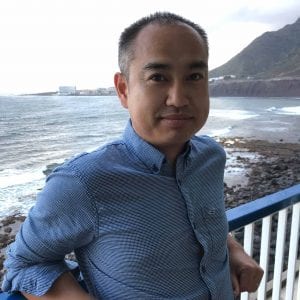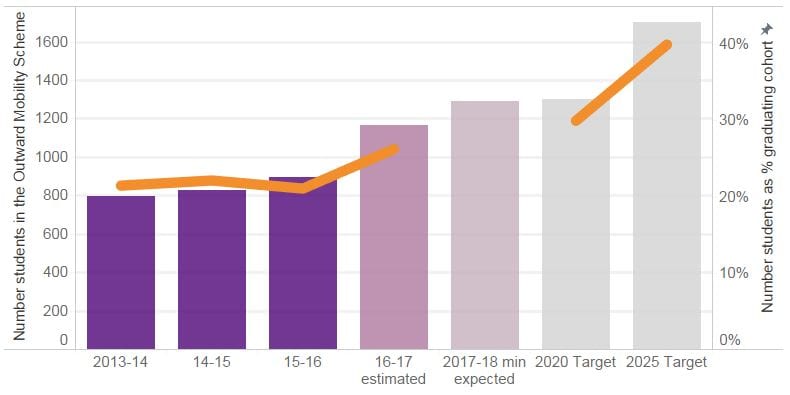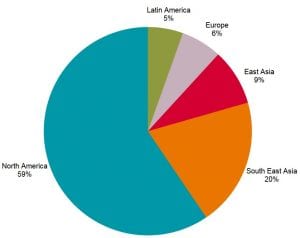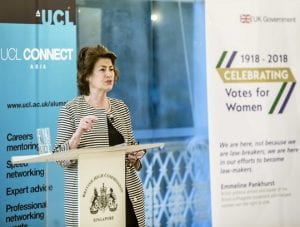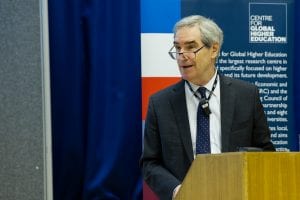Why individual actions can make a world of difference: My time at the 2018 One Young World Summit
By By Guest Blogger, on 20 November 2018
By Isha Kulkarni
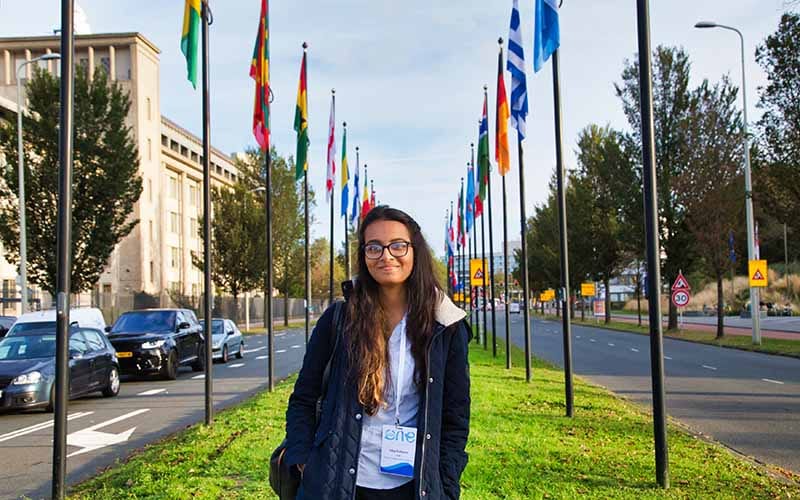 Once every year, over a thousand people between the ages of 18 and 30 are chosen as One Young World delegates and a prominent city somewhere in the world prepares to host them for four unforgettable days.
Once every year, over a thousand people between the ages of 18 and 30 are chosen as One Young World delegates and a prominent city somewhere in the world prepares to host them for four unforgettable days.
Representing organisations large and small – multinationals, non-profits and universities – and countries far and wide, there is only really one thing that binds them: the belief that anyone can make a difference.
If someone had told me when I started my first year at UCL that I would be the university’s representative at One Young World this year in the Hague, Netherlands, I would have laughed in their face. I come from a privileged family, well-off enough to afford overseas tuition. I have never done anything incredibly extraordinary; I just grew up with the values of giving back ingrained in me. I may be fortunate, but there are so many that are not, and the least I can do is help in any way I can afford.
Power of the individual
So, I did. I volunteered for local NGOs in Mumbai while in high school. I aided waste management initiatives in the community. I worked in drought-prone rural Western India and realised that pursuing civil engineering was not only something that interested me, but also something that would help me make a difference. After I started university, I volunteered with Engineers Without Borders UCL and then UCL Engineers in Action. I continued volunteering in Mumbai during the summers and worked on affordable technology during my research internship after second year.
This is why UCL Global chose me as the university delegate – and One Young World made me realise that it was acceptable that I had not made a world-shattering discovery or received an armful of awards. I had still pitched in, in any way I could. That is what One Young World is about: speeches, workshops and excursions that inspire you and remind you of the power of the individual. The fact that one person can create change, however small that change may be. You do not need to have the largest bank balance or the greatest personality: you can change things just as you are.
Community feel
One Young World also reminded me of the power of togetherness. Tabata Amaral, a delegate speaker at the summit, said: “A dream that’s dreamed together becomes a reality.” One Young World was more than a summit in that sense – it was a community. It was the feeling of being in sync with 1,900 other people from around the world, from countries I had never heard about. It was about a group of people wanting the same thing for the world and taking steps to accomplish that.
The summit was divided into a multitude of topics such as Environment, Health, Peace & Justice, and Human Rights – but the primary message I took from each of the plenary sessions, each of the workshops and each of the keynote speeches was the same. Changing the world is an uphill task: we cannot escape the problems that plague society today.
Doing our best
Be it the refugee crises in different pockets of the world, the fundamental gender issues brought to attention by the #MeToo movement, or global warming affecting our oceans, forests, and cities, we have a long way to go before we can justifiably say that we have been triumphant.
But we also have so much to celebrate. Somewhere in South Africa, a woman builds and runs schools for underprivileged youth after quitting her job at a multinational private equity firm. Somewhere in Colombia, a young man has dedicated his life to influencing legislative changes for improved social welfare.
At UCL, we conduct an awe-inspiring amount of research on sustainability, education, human rights, global cooperation and the Sustainable Development Goals as a whole. We are doing our best in any way we can. And this concept, at its root, fuels me.
Every one of us can change the world if we put our minds to it. Following One Young World, I have promised myself to do just that. I hope that in some way, shape or form, you will, too.
 Close
Close


